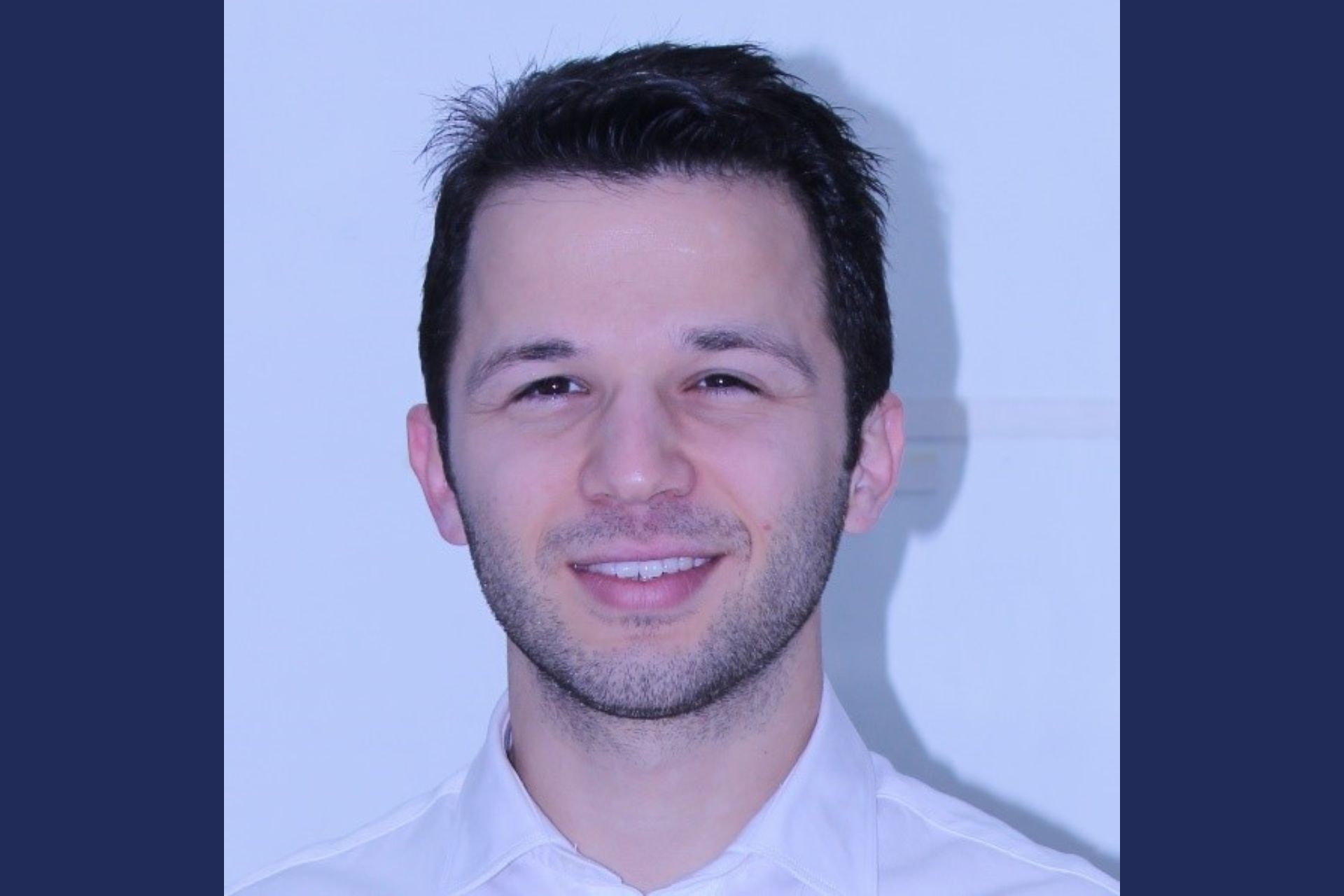
Dr Serbay Ozkan, Honorary Associate with the Institute of Life Course and Medical Sciences, and Assistant Professor of Histology and Embryology at Izmir Kâtip Çelebi University in Türkiye, has been awarded a highly competitive Marie Skłodowska-Curie Actions (MSCA) Postdoctoral Fellowship under the European Union’s Horizon 2020 programme.
Dr Ozkan’s postgraduate research has focused on the biology of mesenchymal stem/stromal cells (MSCs) and how these cells can be used to treat kidney diseases.
The awarded project addresses a critical clinical challenge, the poor function and longevity of “marginal” kidneys. These are kidneys obtained from older, deceased donors which are having to be used in transplantation due to the persistent organ shortage. These kidneys are more susceptible to ischemic injury, when the blood supply to an area of tissue is insufficient, during the transplantation process.
The project is hosted by the University of Liverpool, where Dr Ozkan will be supported by a multidisciplinary team of experts. He will work with Professor Patricia Murray and Dr Bettina Wilm (Department of Women’s and Children’s Health), receiving mentorship in regenerative medicine within the context of renal therapies.
He will also collaborate with Professor Harish Poptani, Director of the Centre for Preclinical Imaging, an internationally recognised leader in Magnetic Particle Imaging (MPI) and MRI, and Dr Marco Giardiello (Department of Chemistry), a noted expert in nanomedicine and medical imaging.
Serbay will investigate the use of adipose-derived regenerative cells (ADRCs) harvested from the perinephric fat of donor kidneys to repair and restore marginal kidney function.
The Fellowship aims to deliver results by 2027, with the ultimate goal of advancing the clinical translation of cell therapies to improve outcomes for patients receiving marginal donor kidneys.
Dr Ozkan commented:
"I am deeply honoured to receive the MSCA Fellowship and excited to pursue this interdisciplinary project. I look forward to working with my collaborators at the University of Liverpool and contributing to innovations that could ultimately expand the donor organ pool and improve transplant outcomes for patients with end-stage kidney disease."